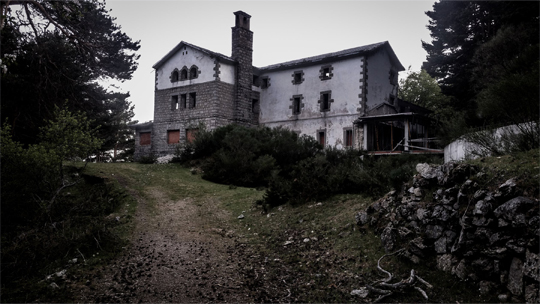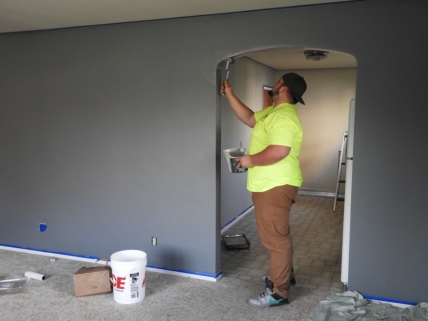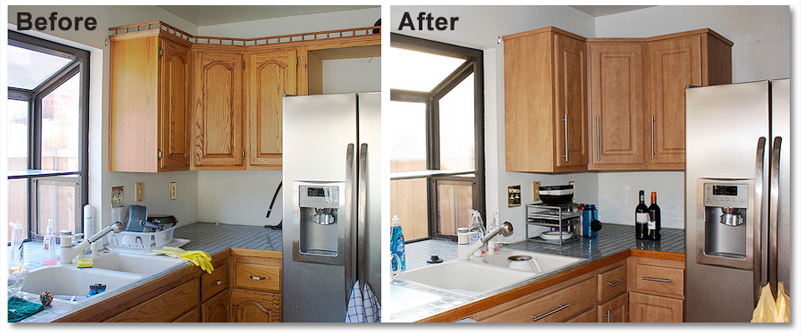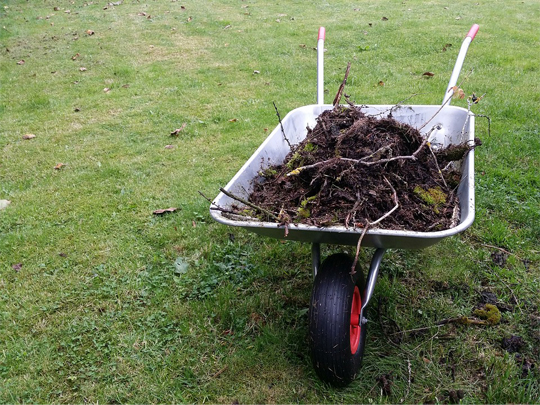To Sign or Not to Sign: Who Works for You in Real Estate?
Most people know a little bit about the players in the real estate industry. Maybe they’ve heard of Brokers and Agents, but they’re not really sure what these people do. Some know a bit more and can tell you that there are Listing Agents and Buyer’s Agents and everyone gets paid commission, but that’s usually where common knowledge runs out. If you’re looking to buy or sell your home, it’s important to learn more about the very different roles these people play. One thing to note is that these roles are often flexible. A person who is a Listing Agent on one home or property could (and probably is!) the Buyer’s Agent on another property.
Listing Agent
This is the most commonly known Real Estate industry professional. They are the ones who have their names and signs in front of homes for sale and their job is to sell homes. Typically when a homeowner decides to sell their home they will contact a few Listing Agents who will then come to the property to meet with the seller to discuss the property, offer some pricing advice, and try to “sell” their services. In the United States, agreements known as “Exclusive Listing Agreements” are commonplace. These agreements state that only one agent may have the opportunity to sell the house while under the contract period. Once the property owners find an agent they like, they’ll sign this contract and the agent will get to work.
Listing Broker
In many cases, a seller will never interact with the Listing Broker. This person is essentially the Listing Agent’s boss (although real estate agents tend to be Independent Contractors). Brokers are typically active or former agents who received additional training and are responsible for the agents who work under them. In the event that a Listing Agent does something problematic (ethically, legally, etc) the broker is the go-to person for resolution.
Selling Agent
The Selling Agent is the person who sells the home. This can be someone from the same brokerage (company) as the Listing Agent or may be from a competing agency/company. In some cases, this is the same as the Listing Agent. This is known as Dual Agency. In any of these cases, the Buyer has not signed a contract with this person (they’re just helping them out) and this agent WORKS FOR THE SELLER. These agents can draft up purchase agreements or help with contingencies, but it’s important to remember that they are legally and ethically obligated to keep the Seller’s best interest in mind.
Buyer’s Agent
Similar to a Selling Agent, this is the person who sells a home to a Buyer. The difference here is that to be a Buyer’s Agent, the Real Estate Agent MUST have a contract with the Buyer. These are typically exclusive agreements, meaning that the Buyer must stick with the agent to purchase a home and can’t switch to another agent until after the contract period expires. Once the contract is signed, a Buyer’s Agent works for the Buyer and is required to prioritize the Buyer’s best interest when negotiating.
Selling/Buyer’s Broker
Like the Listing Broker, this is the boss of the person on the other side of the deal. In a dual agency situation, the Listing Broker and Selling/Buyer’s Broker would be the same person, but typically they are not. It is not common to have much contact with a Selling/Buyer’s Broker unless there are issues with the Selling/Buyer’s Agent.
Listing Broker:When the Listing Agent signs the exclusive contract to list the home for sale, one of the parts of the contract stipulate what percent of the total sales price is to be paid to the Listing Brokerage. These vary widely across the industry, but it is important to keep in mind that really low percentages tend to mean low levels of service.
Listing Agent:As part of their employment arrangement with their Broker, Listing Agents receive a part of the money that the Broker receives from a home sale. The percentage varies based on the brokerage, region, and agent.
Selling/Buyer’s Broker: Selling/Buyer’s Brokers get a percentage of the total amount from the Listing Broker. This can be thought of as a reward for bringing the buyer to the table.
Selling/Buyer’s Agent: Although these are two different people (working for the Seller or Buyer, depending on if that important Buyer’s Agent contract was signed), they get paid the same way: as a part of the percent received by the Selling/Buyer’s Broker.
Learning about the different roles in real estate can be tricky, but this is a great starting point. The most important thing to remember is that the Buyer does not have to pay anyone (all money comes from the sale of property) and that everyone works for the best interest of the Seller UNLESS a Buyer’s Agent Agreement in signed.




























